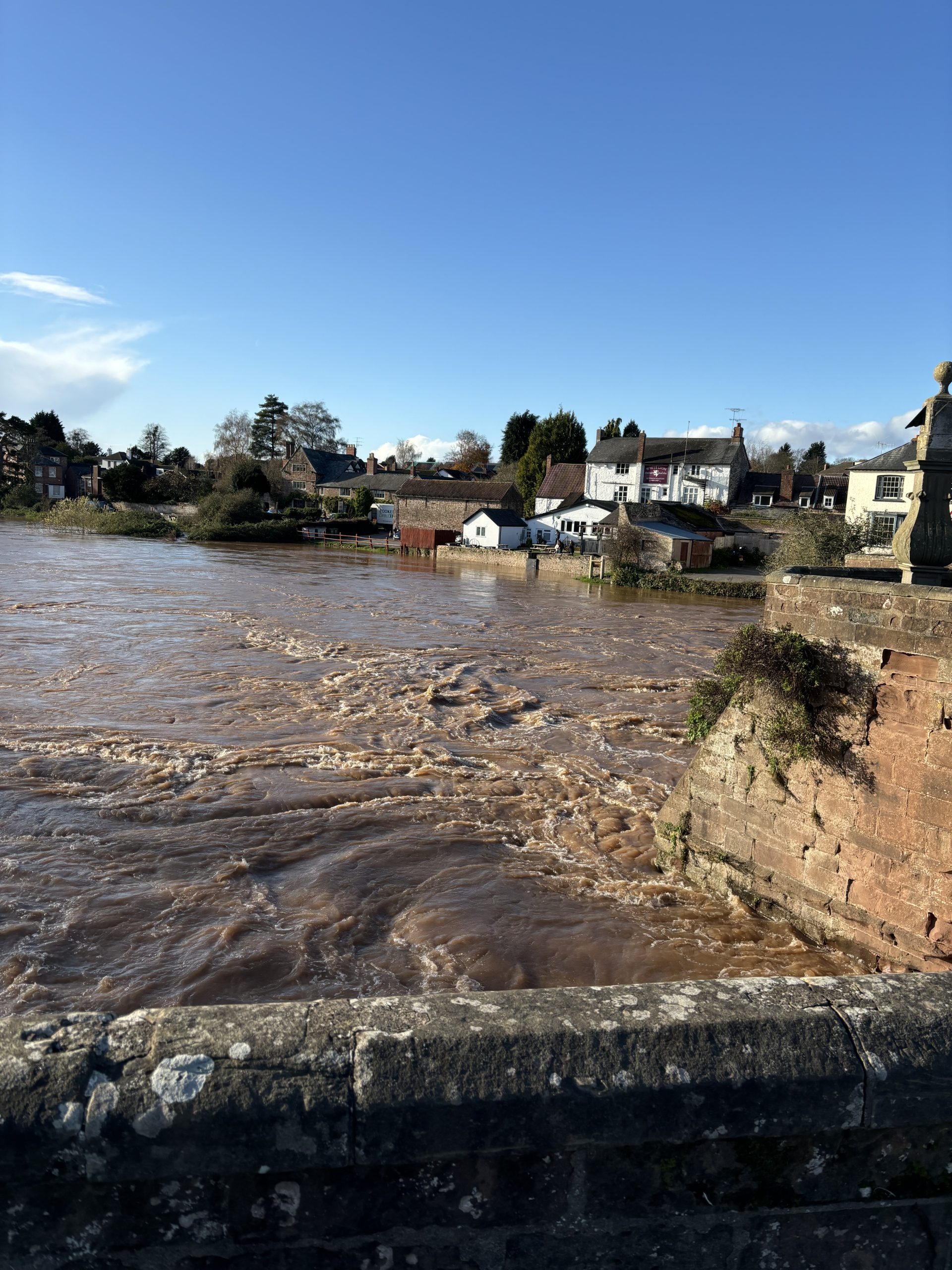A cool and unsettled start to the week will make way for a mostly dry latter half, with a chance of some showers in places.
Wednesday will see a continuation of some unsettled weather, with early rain in the west before showers develop more widely as the day goes on, with a risk of hail and thunder – most likely in central and southeastern areas. Things will clear up in the west and north later in the day and the showers moves to the east. Temperatures will remain rather cool in northern areas, while closer to average for the time of year further south, likely peaking at around 19-20C.
Jubilee Weekend
From Thursday, things look likely to settle down for most with good periods of dry and fine weather. A low-pressure system will introduce some showers to northwestern areas for a time on Thursday, most likely affecting Northern Ireland and perhaps western Scotland.
Northern Ireland, Wales and southwest England look most likely to see some showers on Friday, with a small chance of one or two for central parts, while areas further to the southeast should get the best of any sunshine, with temperatures likely peaking at 22C.
From late on Friday there is still a good deal of uncertainty, with settled weather on the cards for most with patchy cloud and sunny spells, especially in the north. However, a plume of warm air from the continent could influence the weather in southern areas from Friday night, bringing overnight showers here that could linger for a time early on Saturday.
The main source of uncertainty is how far north this plume of warm air will extend, bringing with it an increased risk of some showery outbreaks through the weekend.
Met Office Deputy Chief Meteorologist Helen Caughey said: “While it may be an unsettled start to the long weekend for some with showers for Northern Ireland, Wales and western England, many parts will see much more settled conditions over the long Jubilee Weekend, with plenty of dry weather and good spells of sunshine. Temperatures will be widely into the low 20s, feeling warmer in the sunshine, although temperatures will drop off quickly into the evenings.
“The main source of uncertainty for the weekend itself is to do with how far a plume of warm air, currently across the continent, encroaches over southern areas of the UK from late on Friday. The latest outlook suggests that this plume of warm air could bring a spell of showers to southern areas overnight on Friday and into early Saturday, with some showers hanging around for a time on Saturday. Further showers are likely for southern areas on Sunday, perhaps the odd heavy one, most likely at this stage for the far southeast.
“Northern Ireland, Scotland and northern England look like they’ll see the driest conditions from Friday onwards most likely enjoying some prolonged periods of sunshine.”
With a busy Jubilee Weekend on the roads expected, RAC traffic spokesman Rod Dennis said: “The fact the bank holidays coincide with the end of half-term in many places has the potential to put some extra pressure on the road network, so planning a journey carefully is important to beat the worst of any queues.
“The best way for drivers to avoid breaking down this week is to check over their vehicles before setting out – yet our research shows less than a fifth do this routinely. Making sure oil, coolant and screenwash are all at the right levels takes just minutes, as does ensuring tyres are free of damage and are inflated properly. A bit of TLC now could make the difference between a straightforward trip and one beset by a breakdown.”
Gabbi Batchelor, Water Safety Education Manager at the RNLI said: “We are expecting the Platinum Jubilee Bank Holiday Weekend and the half-term holidays to be incredibly busy at the coast. We want everyone to enjoy their trip but we also want to make sure people stay safe and know what to do in an emergency.
“If you get into trouble in the water, Float to Live: lean back, using your arms and legs to stay afloat. Control your breathing, then call for help or swim to safety. In a coastal emergency, call 999 or 112 for the Coastguard.”




